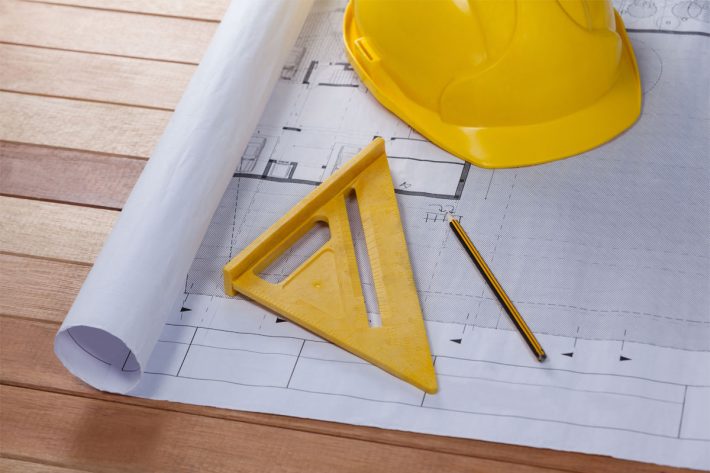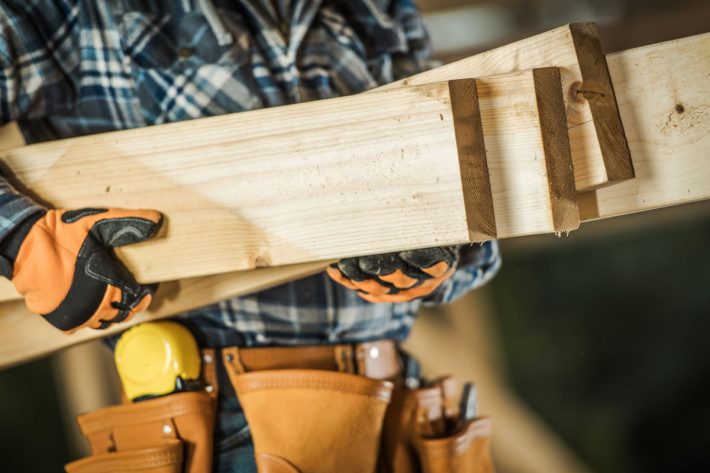What Is a Lien Notice?
The most vital thing to know is that a lien notice is not a lien. It is a notice that your contractors can legally file a lien to safeguard their work invested in your property. Contractors are required to provide a lien notice any time they carry out work that upgrades a property while receiving…



